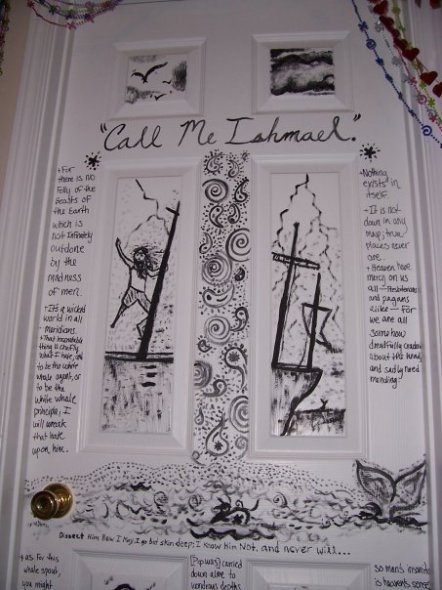For the Love of Stories
I have been really fascinated lately (and pretty much for life, actually), with the concept of stories, their impact on us when we read or hear or tell or write them, their importance for history and culture, and how they function on large and small scales. As I say in our “About” page, stories are all around us, and they constantly inspire me.
Recently, a high school student I was tutoring asked me why people even began to write in the first place, or how did writing even become a “thing,” as he put it. I told him that I had some ideas, but didn’t know for sure, and we spent a few minutes brainstorming on the board. Some of his answers included “bad memory,” “art,” “religion,” “accident,” “fun,” and “boredom.” I was highly amused by his list, and a favorite of ours was “bad memory.” It seemed like a pretty viable option, that writing could come about as a way of helping keep track of life so as to prevent forgetting.

Some student answers during brainstorming session
We both agreed that photos and facebook are largely serving that purpose for us now (for him more so than me), although writing is very important, and feels different from imagistic storytelling. Through those electronic means, which can become virtual and visual “timelines” or representations of life’s moments, we can not only share our lives with friends, but we are reminded of our happy memories and significant events.
I could go on about the possible detriments of social media platforms for record keeping, and the short term and long term memory loss that our culture seems to be experiencing as a result of reliance on technology, but that might be too much digression, even for me (I tend to ramble and diverge when I tell stories).
As you might imagine, my answers when we were brainstorming was slightly different, and more long-winded. Some of them included teaching future generations about lessons learned during previous ones, exploring the strategies, successes, and failures of others, and for storytelling purposes.
I have always loved listening to stories, and telling them. It’s probably also apparent that I enjoy reading, since I have discussed it on Looking for Pemberley fairly frequently.
I was having a conversation with my friend not too long ago about my interest in stories. For me, I think that my love of stories comes from the feeling of relating to others, of understanding more about myself and people in general after reading. I’m a social person, I’m interested in people. Stories are generally about people, their growth, reflections, lessons, and interactions.
Stories are living, and they also teach us how to live. They are influenced by the culture and historical moment of their time, but when they last (as when they are written and future generations read them), they can be interpreted by each individual reader, changing not only with each person, but also with each reading.
For example, I have read Pride and Prejudice many times over since the first reading, but it feels different each time. It becomes different because of my perception, and the novel feels different for each reader, despite the words staying more or less the same as they were over 100 years ago.
A dear friend of mine recently told me, after I told her that I had an undying love of stories, that “of course you love stories. I live for stories, to hear the stories of others, and to tell my own. That is the greatest pleasure in life.” I certainly agree. Her beautiful words inspired me to write this post.
Writing, to me, probably began as a way to make stories last for as long as possible. I am thankful for the ability to read works from years in the past because of the development of writing and its varied progressions. Whatever the real “answer,” I’m glad we have writing, because stories can be read and re-read, changing with each reading, and serving as a time capsule of sorts for the “bad memory” of the authors who write them.

Please forgive the crude drawing style. This is my first attempt at a comic.
Thanks to all the bloggers and authors I read for sharing your stories, and if you would like to tell me a story, or share your view on stories, please do. I’d love to listen and live.
Best,
Miss E












